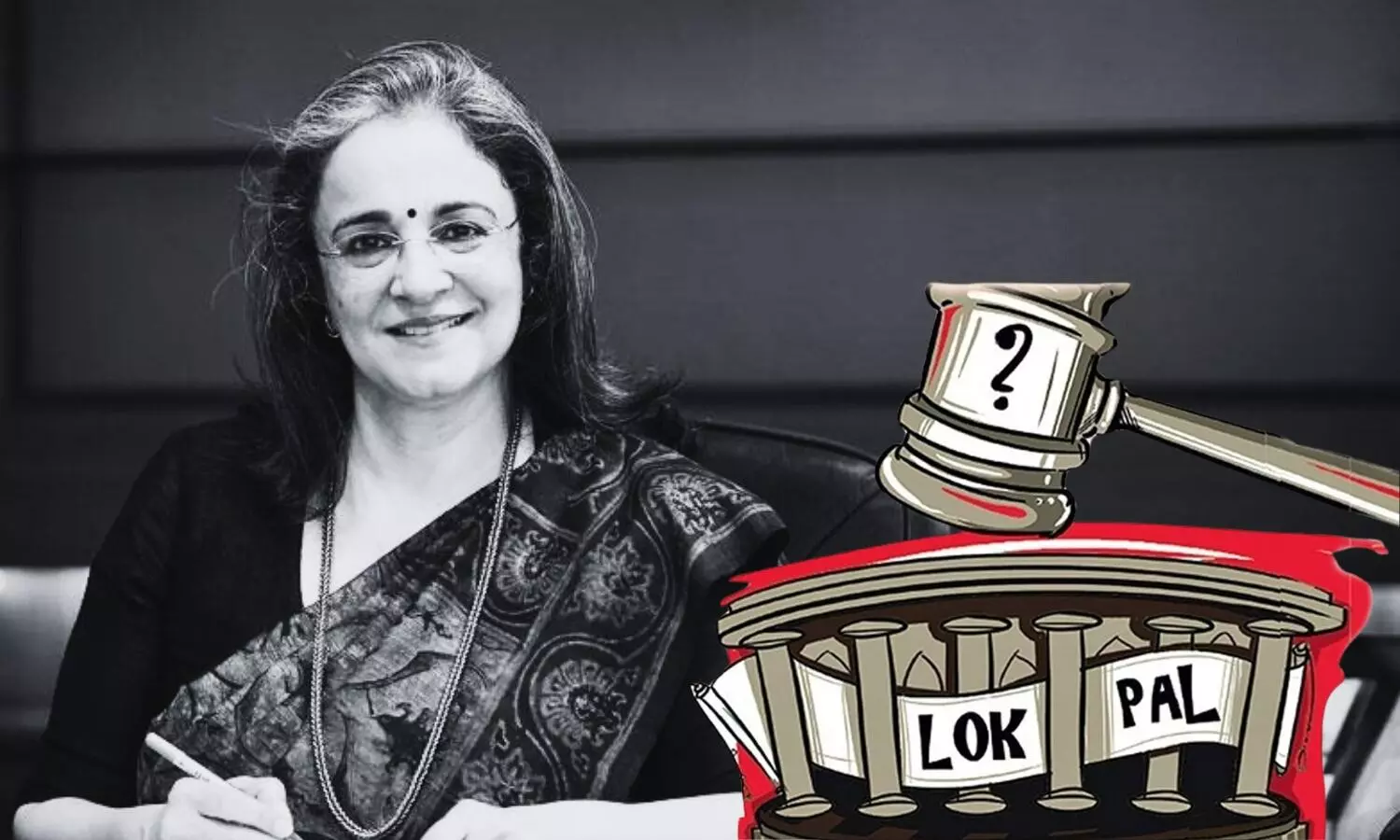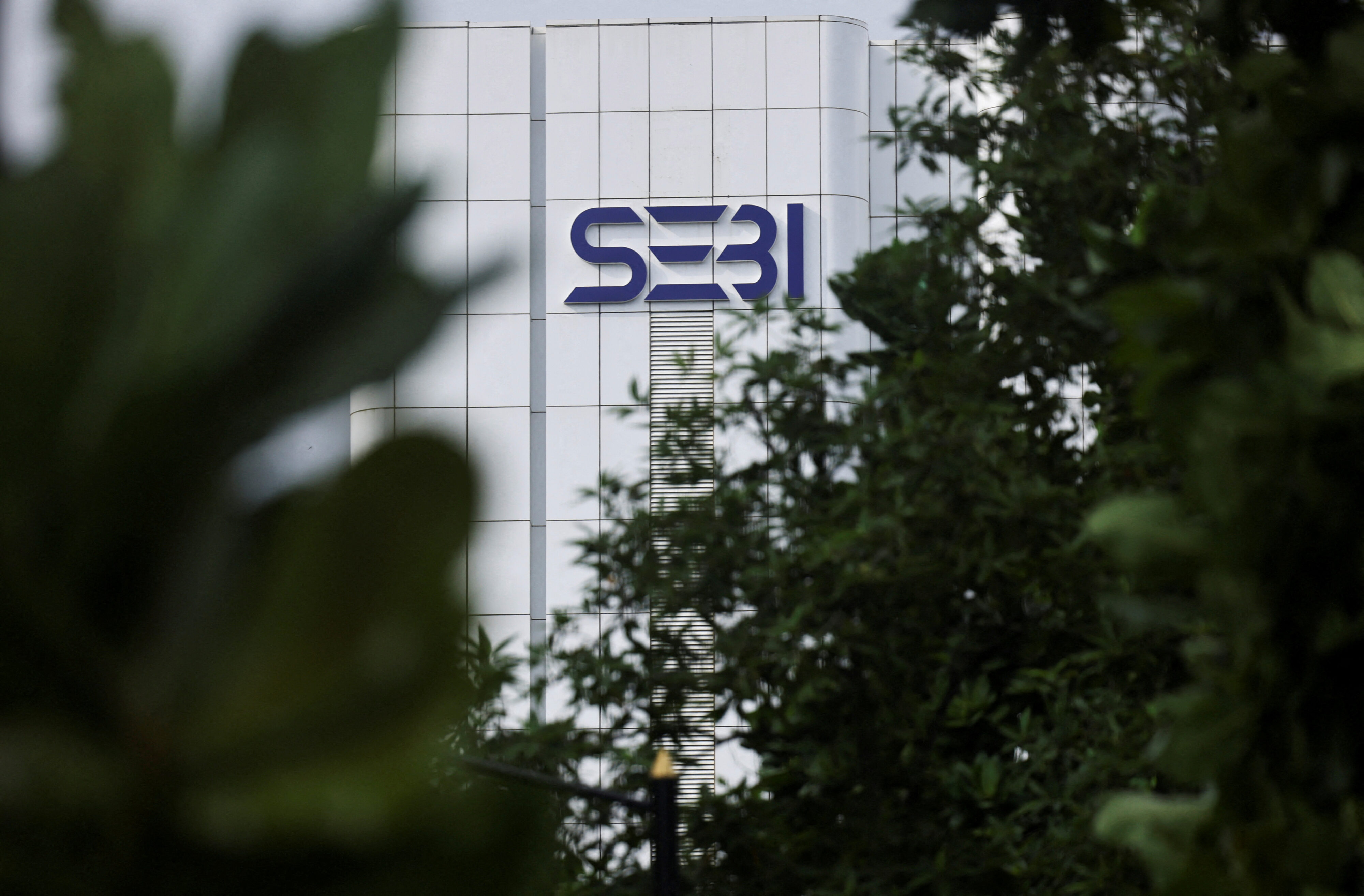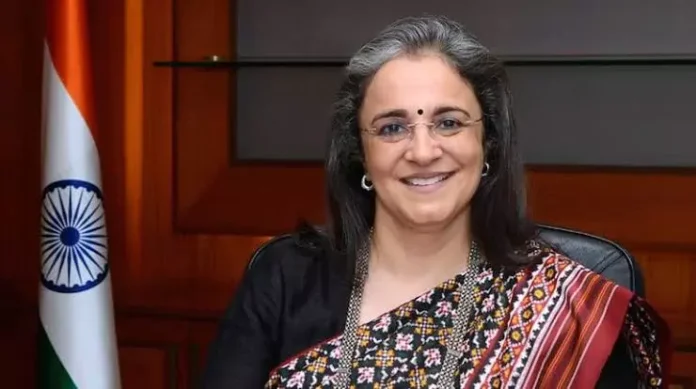The Indian anti-corruption ombudsman, Lokpal, has requested a formal response from SEBI chairperson Madhabi Puri Buch, addressing allegations of impropriety and potential conflict of interest. The directive, issued on November 8, comes in response to complaints filed by a Lok Sabha member and two others, which were based on a report by the U.S.-based short-seller Hindenburg Research. The Lokpal’s order emphasizes that this request is purely procedural, with no assumption or opinion on the validity of the claims.
Allegations Spark Call for Procedural Clarification.
According to the Lokpal’s order, SEBI chairperson Buch has been given a four-week deadline to submit her response to the complaints, which accuse her of a conflict of interest tied to the alleged financial misconduct linked to the Adani Group. The complaints are rooted in Hindenburg Research’s findings, which claimed that Buch and her husband were connected to offshore funds allegedly associated with a money-laundering scandal.
The Lokpal’s request, signed by chairperson Justice A.M. Khanwilkar and five other members, specifically noted the procedural nature of the inquiry. “This order is not an expression of our opinion on any matter in issue, either way. It is simply a procedural directive,” the order stated, clarifying that the Lokpal’s action is not a determination of guilt or innocence. The officials reiterated that Buch is being given a chance to respond to the allegations in compliance with Section 20 of the Lokpal Act.
Lokpal’s Process and Buch’s Timeline for Response.
Under the Lokpal Act, public servants accused in complaints are given an opportunity to address allegations before any further investigation is pursued. As such, Buch has been granted the option to submit a comprehensive, consolidated response to all three complaints, avoiding repetitive explanations. Her reply is expected within four weeks from the order date, and the matter will be revisited by the Lokpal on December 19.
While issuing the order, the Lokpal underscored that this procedural step is necessary to determine if there is a “prima facie” case, or initial grounds for further inquiry. The decision aligns with the Lokpal’s mandate to ensure transparency and due process in high-stakes cases, particularly those involving prominent public servants.

Background of the Hindenburg Allegations.
The complaint at the heart of the Lokpal’s directive stems from an August 2024 report by Hindenburg Research, which alleged that both Buch and her husband held interests in offshore funds allegedly linked to financial misconduct involving the Adani Group. Trinamool Congress MP Mahua Moitra, one of the complainants, pressed for the case to be transferred to investigative agencies such as the Enforcement Directorate (ED) or the Central Bureau of Investigation (CBI) for a preliminary probe.
The complaints have become a subject of heated public interest, particularly due to their potential implications on India’s regulatory environment and the high-profile nature of the accusations. Both Buch and her husband have denied the claims, asserting that the Hindenburg report is an attempt to undermine the credibility of SEBI and disrupt market confidence.
Earlier Orders and Sequential Developments.
The Lokpal’s attention to this case has been marked by a series of procedural steps since the initial complaints were filed. On September 20, the Lokpal issued an order suggesting that the complaint raised by the Lok Sabha member did not substantiate sufficient grounds for an immediate investigation. This initial response urged complainants to verify the authenticity of the Hindenburg report independently. Subsequent hearings were scheduled, first on October 17 and later on November 8, with the complainants responding with affidavits to support their claims.
Additionally, a third complaint echoing similar allegations was filed on October 14. The series of complaints and procedural exchanges have underlined the Lokpal’s role in overseeing cases that involve substantial public interest and ensuring that appropriate channels of inquiry are pursued.

Lokpal’s Stance: Upholding Due Process Amidst Public Scrutiny.
The Lokpal, through its formal statements, has taken a measured approach, underscoring that its current directive is procedural rather than accusatory. By affording Buch the opportunity to respond in full, the Lokpal is adhering to the procedural safeguards outlined in the Lokpal Act. The inquiry exemplifies the ombudsman’s commitment to transparency and accountability, particularly when the allegations involve a high-ranking regulatory official like the SEBI chairperson.
As the deadline for Buch’s response approaches, the Lokpal’s stance remains strictly procedural, suggesting that the outcome of this case will depend on factual evidence and thorough legal examination rather than preliminary public opinion. The pending review on December 19 is expected to determine whether further investigation will be pursued or if the complaints will be dismissed based on Buch’s explanation and available evidence.
Implications for SEBI and Market Sentiment.
This development comes at a time when SEBI’s role in regulating India’s capital markets is under close watch, with ongoing scrutiny regarding its handling of high-profile financial matters. Observers note that the case could influence perceptions of SEBI’s independence and effectiveness in oversight, especially as it pertains to potential conflicts of interest within its leadership.
While the Lokpal’s approach is cautious, the outcome of Buch’s response and subsequent proceedings could set a precedent for how regulatory officials are held accountable. As such, stakeholders in the financial and regulatory sectors are closely monitoring the proceedings, which, if escalated, could have ripple effects on India’s regulatory landscape.

